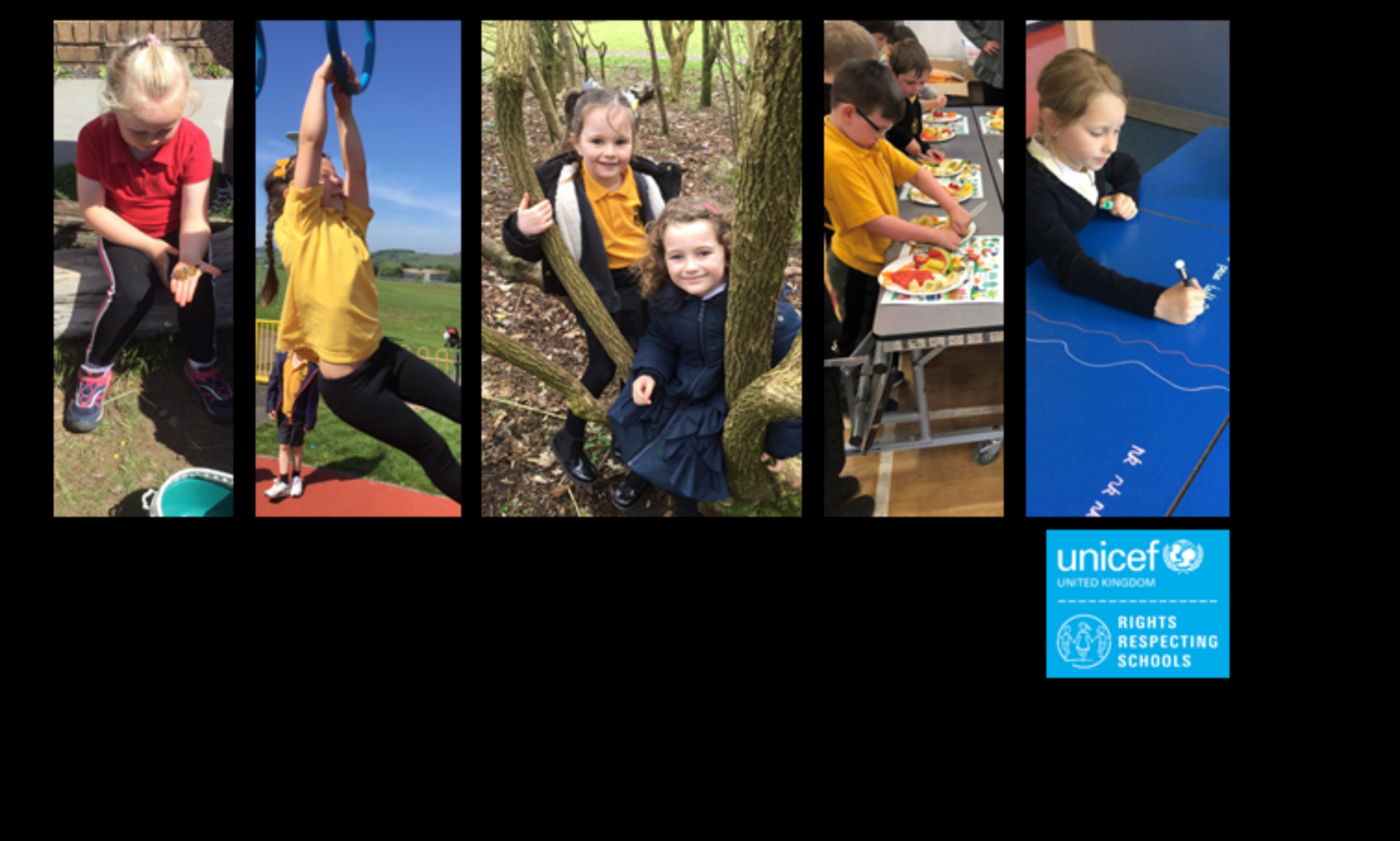Language and Literacy are of personal, social and economic importance. Our ability to use language lies at the centre of the development and expression of our emotions, our thinking, our learning and our sense of personal identity. Language and Literacy is central to learning and teaching in every area of the curriculum. We therefore attach the utmost importance to the development of the skills of listening, talking, reading and writing, so that each child progresses to the highest level he/she can achieve.
Our pupils are encouraged, right from the beginning of their schooling, to develop appropriate skills in reading and in the use of language. The children will learn to read accurately and with discrimination. They will be introduced to a variety of genre including poetry, short stories, fiction and non-fiction. They will be taught to acquire the skills necessary to read for information and enjoyment and will also have opportunities to reflect on the writer’s ideas and craft.
Our writing programme will provide a range of skills which will be acquired through explicit teaching. The purpose and audience for writing will be clearly established. Children’s talking and listening skills will be developed through a variety of contexts.
Important emphasis is placed on Early Literacy and the strategies needed to improve literacy in the early years and subsequently throughout the school. Spoken language has particular importance in the early years and our teachers will balance play-based learning with more systematic development and learning of skills and techniques for reading, including phonics.
Language Resources
Within Curriculum for Excellence we will use many texts in Language and Literacy. The definition of ‘text’ is given in Curriculum for Excellence as:
“… the medium through which ideas, experiences, opinions and information can be communicated.”
Reading and responding to literature and other texts play a central role in the development of our pupils’ knowledge and understanding. Texts, therefore, will not only include our more traditional resources such as Story Worlds, Jolly Phonics, Literacy World, Focus on Comprehension, Collins Spelling, New Wave Publications, Big Writing, but also orally, electronically or on film. The literacy framework will reflect the increased use of multimodal texts, digital communication, social networking and other forms of electronic communication which will be met by our pupils in their daily lives.
Examples of such texts are:
- Novels, short stories, plays, poems, reference text
- The spoken word
- Charts, maps, graphs, timetables, advertisements, leaflets
- Comics, newspapers, magazines
- CVs, letters, emails
- Films, games, TV programmes
- Labels, signs, posters, recipes, manuals, instructions
- Reports, reviews
- Text messages, social networking sites, web pages, catalogues, directories
We aim to ensure our pupils experience an environment which is rich in language and which sets high expectations for literacy and the use of language. Our pupils will spend time with stories, literature and other texts which will enrich their learning, develop their language skills and enable them to find enjoyment.
Thinking Reader Presentation to Parents
Thinking Reader Handy Hints
MODERN LANGUAGES
All our pupils take part in learning to speak French, from P1 to P7. Learning another language enables our pupils to make connections with different people and their cultures and to play a fuller part as global citizens.
We follow the experiences and outcomes from Curriculum for Excellence under the following organisers:
- Listening and talking
- Reading
- Writing
Teachers will develop the pupils’ skills through taking part in conversations, developing listening, reading and writing skills and knowledge about language. Activities will include playing games, singing songs, carrying out simple instructions, and playing with simple poetry and rhyme.
Our children also learn about French culture and festivals. Our aim is to make the learning of French language an enjoyable experience for our pupils and to encourage them to appreciate other cultures and lifestyles.

